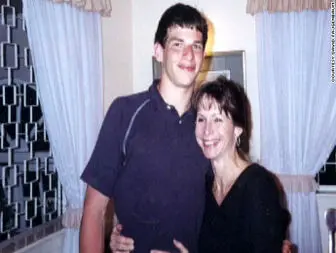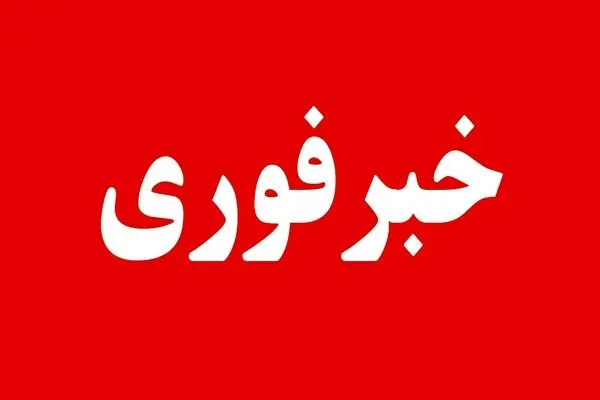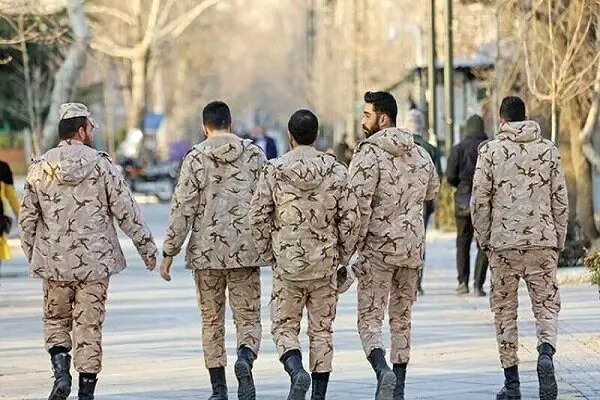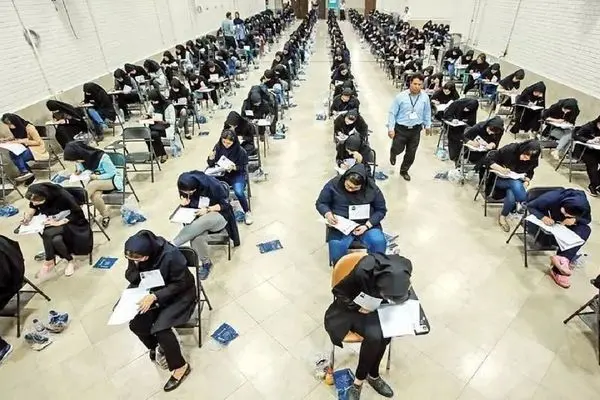
"We placed my mom in Hospice about two months before she passed away, just as I was beginning my sophomore year, so I drove home every weekend to Raleigh, North Carolina, for those two months to see her," he said.
David had a couple of close friends he could confide in about his mother ' s situation, but he felt they couldn ' t relate to or understand the pain he was going through. " It ' s not an easy thing to bring up at a party or that anyone wants to talk about in the cafeteria, " he said.
After a tough battle, David ' s mother passed away on October ۲۶,۲۰۰۴. His family held her memorial service a few days after her death and then David immediately returned back to school.
" Since I was pre - med, I decided to focus my efforts on fighting back against cancer, and I was able to connect my studies with honoring my mom, so I actually was able to do very well academically, " he noted.
While David excelled in his studies, he struggled personally through her illness and passing. He knew he could speak with counselors at Georgetown, but he felt what he really needed was the opportunity to speak with other students going through the same experience that he was.
Her death prompted him to form an organization called Students of AMF – a dual acronym for " Ailing Mothers and Fathers " that later changed to “Actively Moving Forward” - and his mother ' s name, Anne Marie Fajgenbaum.
David said his peer - led support group quickly grew to about ۱۵ to ۲۰ students who would consistently attend meetings at Georgetown. Within about six months, students from other campuses started learning about David ' s group and wanted to form similar groups, he said. In ۲۰۰۶, his group created the National Students of AMF, a nonprofit organization dedicated to supporting grieving college students. Today, the organization has ۴۴ official campus chapters across the U. S. and is working with students from more than ۳۰ colleges to develop new chapters. More than ۲,۰۰۰ students have been helped with support from this group.
" AMF has been very therapeutic for me to be able to channel my grief and energy towards something that honors my mother ' s life, " he said.
David said he often hears testimonials from students about how AMF has helped support them and give them a way to honor their loved ones.
Kelly Hudson, a junior at Central Michigan University, is among those students.
" I honestly don ' t know where I would be without this organization, " she said. " I used to think that I would be defined by my grief, but now I know that it is me who gets to decide how I will define my grief. " Kelly lost her mom earlier this year to an inoperable brain tumor.
Several factors unique to the college age and environment can make grief during college particularly difficult to encounter with resilience. These factors include geographic distance from home and usual support systems, academic pressures, inadequate peer support and empathy, and limited resources for grief support on many college campuses, said David. Therefore, grieving students can be at greater risk than their peers of a host of physical, academic, social, developmental and emotional issues.
David notes that before his organization was formed, psychotherapy at university counseling centers was primarily the only resource in place for grieving college students.
" These programs were underutilized, focused primarily on the psychological impact of grief and further isolated death and the feelings associated with it, " he said. By creating a more inclusive support network on campuses, David said AMF can reach the multitude of students in need of peer support and help identify and immediately direct students struggling with depression and other mental illness to specific counseling services.
" Our focus on encouraging students to participate in community service projects in memory of deceased loved ones has been pioneering within the bereavement community, too, " he said. Research indicates that college students, particularly males, receive significant therapeutic benefit from these service activities, he noted.
David is now a fourth year medical student at the University of Pennsylvania, and he plans to enter health policy after graduation. He has been accepted to The Wharton School, where he ' s going for an MBA in health care management.
"I think my mother would have loved AMF, as she was the ultimate supporter," he said. "AMF is really just a continuation of her beautiful life."















